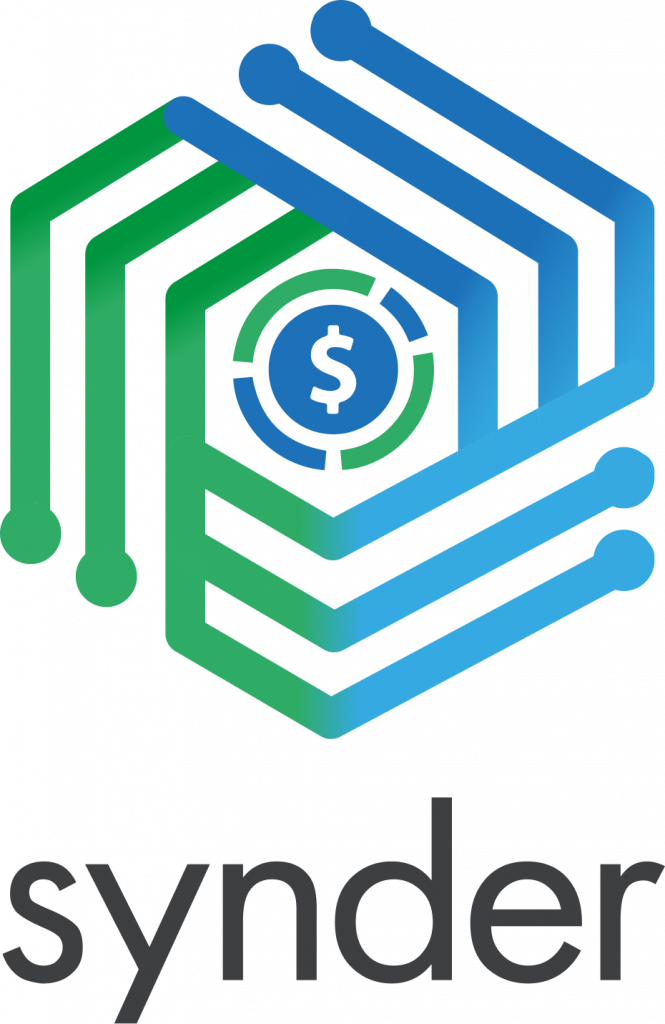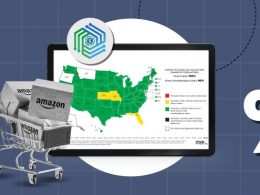Today, being able to sell online is a necessity small businesses can’t go without. The lesson learned from the situation with the COVID-19 outbreak is that you can’t rely on a single channel of sales anymore, especially if this channel is exclusively offline. Another one is that you have to transform your business online quickly (as it can be a matter of survival).
Taking your business online may sound complicated. But basically, there are two requirements: you can accept online payments, and your customers can easily pay for your products or services. These two options are interrelated, but the latter can significantly influence your online sales.
Frankly, many tools on the market can help you meet these requirements with more or less effort. And below, I’ll describe a combination of tools that, in my opinion, would be a better fit for small businesses to quickly enable online sales, power them up with a simple payment process, and easily manage them at the backend.
How does the payment process impact sales?
It was mentioned that the success of online sales highly depends on how simple the process of purchasing is. To prove the point, let’s take a look at some figures. A shopping cart abandonment study showed that, on average, 69.23% of online shoppers abandon purchasing at the checkout, naming the complicated checkout process among the top three reasons for abandonment (21% of respondents) right after the necessity to create an account and hidden extra costs.
This 21% means that one out of five people that intended to purchase quitted because it was too difficult for them to pay for the chosen items.
So, what’s the takeaway? It doesn’t matter what you sell online. If people can’t pay for it fast and simple, you’re failing your sales.
A consumers’ approach to purchasing
To simplify the process of purchasing for your customers, you need to look at it with their eyes. How do people purchase online? What payment methods do they prefer?
According to Statista, payment by card is one of the most preferred payment methods in the US, and 45% of consumers prefer using stored card information for online transactions. Moreover, a survey by Visa showed that 90% of cardholders identified being able to shop online as the top benefits of payments by card.
Another thing that you can’t ignore is consumer behavior. Today, social media influences it greatly, changing customers’ approach to online purchasing. Thus, 54% of consumers purchase after seeing a product or service on social media platforms, such as Instagram. And while there’s no shopping cart option on Instagram, you need to provide for a simple payment option that would allow people to purchase right away, on your business page.
To sum up, to enable online sales successfully, you need to provide customers with the easiest way possible to pay with a card, which can work on any site or platform. How can you do that? I’m going to it right away.
Best toolset to enable simple payments and manage them hands down
Before I get to the tools, I need to make a little clarification on the choice criteria. I wanted the combination to be of the maximum value for small businesses, allowing them to manage their online sales: set up online payments, receive them, and record them in accounting books – all together. So, here’s the combo that, I believe, fits the bill perfectly:
- Stripe,
- Synder,
- QuickBooks.
Why Stripe?
You’ve definitely heard of this online payment processor that allows you to accept various types of payments, including credit cards, mobile payments, and so on. It also goes with a comprehensive platform for convenient payment management.
- It’s easy to start using and is free to use. It only charges you minimal fees for each successful operation.
- It is secure. The service has already applied all the security measures that help prevent frauds and keep your customers safe.
- It’s convenient, as it doesn’t require your customers to create their account in the system to be able to pay you.
- You can invoice your clients. However, the embedded checkout forms in Stripe are a bit tricky (may need coding).
And here is where Synder comes to help. Combined with Stripe, it drastically simplifies the payment process, boiling it down to literally one-two clicks for your customers and no technical skills to set it up from you.
Why Synder?
By nature, Synder is a finance and accounting management software. One of its outstanding features (and that’s why it is here) is that with the app, you can easily create a simple payment link that you can place on any platform where you want to receive online payments with credit cards.
A note:
Definitely, Synder is not the only app in the world that allows for creating payment links or accepting online credit card payments. But it makes the process very simple for both business owners and customers. For example, to pay via a PayPal payment link, people need to have a PayPal account, which can be a serious limitation for many. And while you accept online credit card payments in QuickBooks, setting up the require too much effort from you, like the necessity to prove your identity (they ask for a driving license). Besides, the list of banks that support this option in QuickBooks is very limited.
With Synder, you need as much as a couple of clicks to set up a checkout page, and the app will generate a link to it automatically (besides, it will generate a code that will allow you to embed this checkout to your website, in case you have one). And your customers only need to click the Pay button.
But let’s add the third component to the Snyder-Stripe combination, and we’ll have a ready-made toolkit for automatically managing the financial part of your business. I’m talking about an accounting system, namely, QuickBooks.
Why QuickBooks?
QuickBooks is one of the most popular and most comprehensive accounting solutions designed for small businesses. The solution provides a clear view on the financial side of your business. And at the same time, it is a handy and comparatively simple tool to manage your books, with a lot of functions like:
- Managing online payments,
- Understanding income/expenses on-the-go,
- Preparing taxes,
- Doing payroll and many more.
Besides, it integrates with many third-party apps, including Synder. And in the case of such integration, all the data on your online transactions from Stripe can be automatically imported and categorized in QuickBooks.
How does it work?
To have the full picture of how these tools combination works to benefit your online sales and your business management, I’ll quickly describe the whole workflow to you. So you can see how easily you can get paid online for your services or products (and receive donations, in case you’re a non-profit business) and manage these payment hands down.
So first, you set up a checkout page in Synder and generate a payment link that you can add literally anywhere – on your website, your profile on Instagram or Facebook, in a WhatsApp message, etc.
Following the link, customers appear at a secure Stripe-powered checkout page, where they’ll need to insert their credit card data. And as soon as they click on pay – you’ll see the payment right in your Stripe account.
Synder instantly brings this payment to QuickBooks and places it in the right category. The most beautiful part is that all this is done automatically. So once set up, the whole process runs in the background, saving you hours of tedious work that otherwise you’d have to do manually.
Conclusion
Simple, isn’t it? What’s important is that by giving such simplicity to consumers, you ensure more online sales as you allow them to pay for your products or services right away. You will only need to find the best way of delivering your services or products.
What do you think? Feel free to share your opinions and your preferred software combos in the comments.







